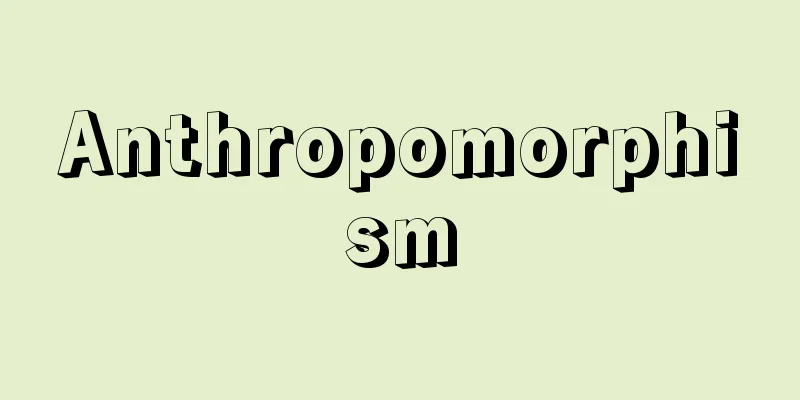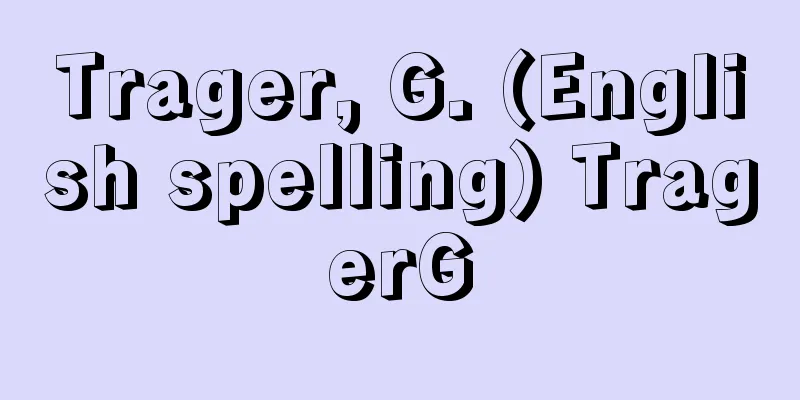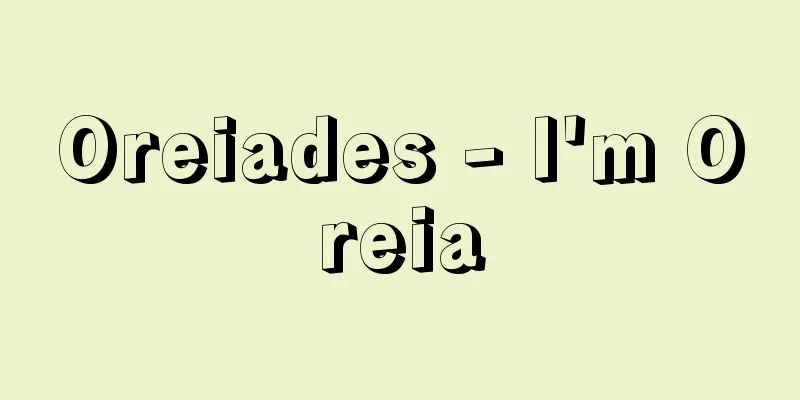Anthropomorphism

|
The attitude of assuming that non-humans have mental activity similar to that of humans. Historically, there was the anthropomorphism theory, which regarded gods as beings similar to humans, but nowadays it is often used critically against the attitude and academic methods that see human-like mental activity in animals. Source : Heibonsha Encyclopedia About MyPedia Information |
|
人間でないものに人間と同様な心的活動があると想定する態度。歴史的には神を人間と同様の存在とみなす神人同型説があったが,現在ではもっぱら動物に人間的な心の動きを認める態度や学問的方法に対して批判的に用いられることが多い。
出典 株式会社平凡社百科事典マイペディアについて 情報 |
<<: Letter of donation - Kishinjo
>>: Exciter - Kishinki (English spelling)
Recommend
Touhou Saku - Touhou Saku
A Chinese scholar of the Han dynasty. His pen nam...
Teresa de Jesus (English spelling)
…Other important works by Cervantes include the t...
Ame-no-Uzume-no-Mikoto
In ancient times, she was the ancestor of the monk...
Roundabout Diplomacy - Ukaigaiko
...In order to achieve his goal of settling the V...
Student Union - Gakuseirengoukai
...The Builders' League also carried out prop...
Bunji Suzuki
A social activist during the Taisho and Showa per...
Karita's Randomness
Harvesting crops from the rice fields is a legitim...
Karman (English spelling) Karman, Tawakkul
Born: February 7, 1979. Taiz. Yemeni human rights ...
Chaos - Kaos (English spelling)
Non-periodic fluctuations that are difficult to pr...
Takamasa
Date of birth and death unknown. A haiku poet fro...
Ingadarumi - Ingadarumi
…The English name is the same. In Okinawa, it is ...
man eater
…In English, a shark attack is called a shark att...
Mandala
Mandala is a Sanskrit word that combines maa, mea...
Catholic Canon Law - Canon Law
...On the other hand, with the rise of state-cent...
Nobutomo Ban
A scholar of Japanese classics in the late Edo pe...









